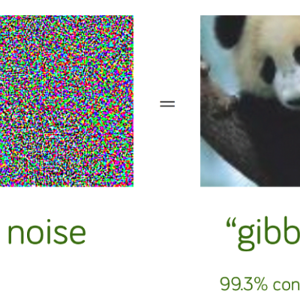Robustness and Computability
As artificial intelligence increasingly penetrates high-risk decision-making domains such as healthcare, financial sectors, and judicial processes, trust in algorithmic reasoning gains fundamental significance. This requirement is further underscored by the growing autonomy - meaning operation without human supervision - of such AI models. Consequently, transparent, comprehensible, and accountable computational systems are being demanded. A central question remains, however, whether and to what extent (strong) AI can actually fulfill these properties and how they can be integrated into AI systems through targeted design.

